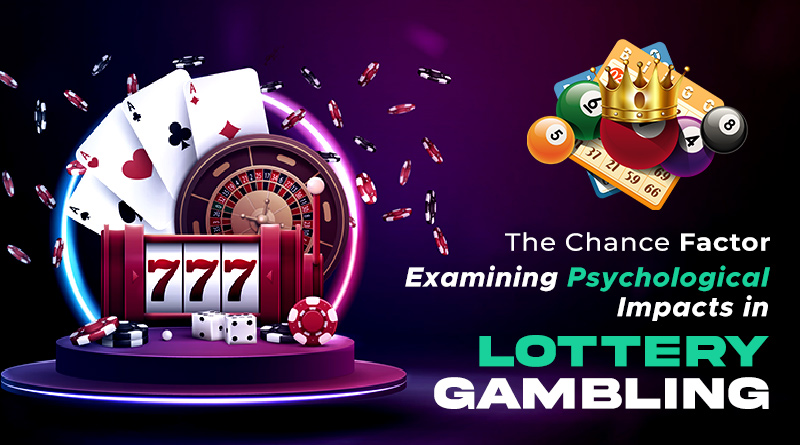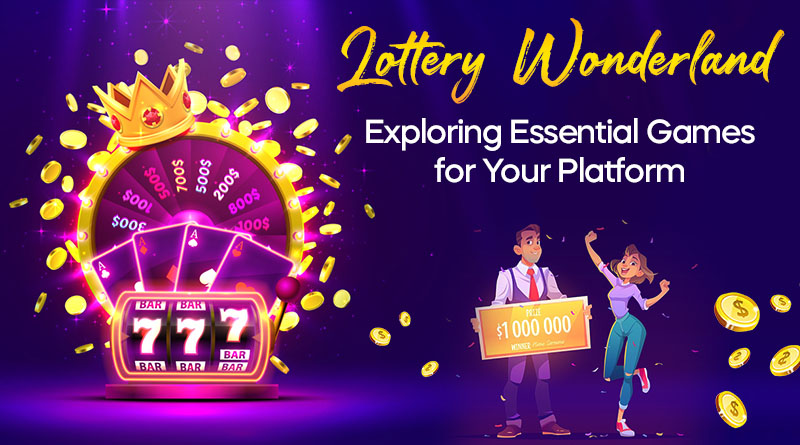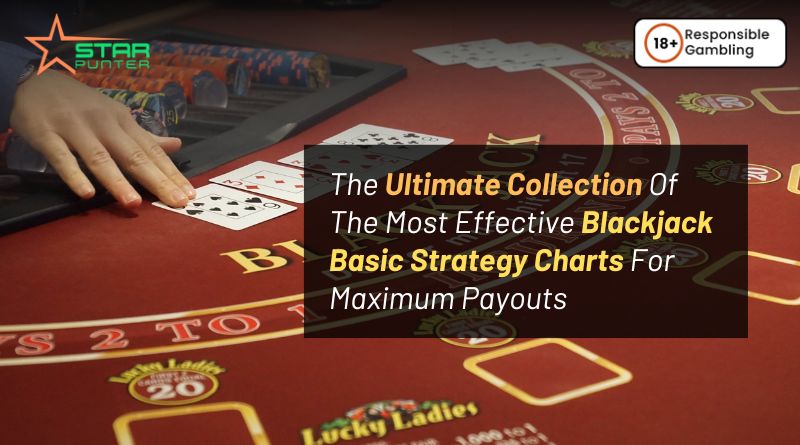Online casinos offer a convenient platform for players to enjoy a wide range of games from the comfort of their own homes. On November 8, 2022, Edwin Castro entered Joe’s Service Center in Altadena, California. Then, left with a winning Powerball ticket for $2.05 billion, the highest national lottery jackpot in history. What are the chances of Castro choosing the six winning numbers? One in 292.2 million, a person is much more likely to win the lotto. So, why do so many Americans play? To uncover the answer, we’ll have to delve into lottery psychology and investigate how drawings like the Powerball exploit mental processes and constraints to keep people hooked.
Psychology of the Lottery: A Numbers Game
The human mind developed in a world where enormous numbers, much alone lottery-sized odds, were unnecessary. Numbers are increasingly abstract and challenging to visualize. They approach the thousands, millions, and hundreds of millions. What are your chances when the odds are one in more than 292 million? Steven Bleiler is a mathematics and statistics professor. He provides the following analogy: A swimming pool 40 feet wide, 120 feet long, and 5 feet deep is filled with M&Ms. A single green M&M is buried amid the candy. The chances of winning the Mega Millions or Powerball jackpot are equal to wading in blindfolded and selecting a single green M&M.
Fallacy of the Gambler
Lottery players are especially subject to “gambler’s fallacy,” the illogical notion that recent events alter the odds of something with a fixed probability. Lottery drawings, such as the Powerball, are separate events. A number is equally likely to be drawn again in the future, regardless of how frequently it is drawn. There are no patterns, hence it is hard to predict the outcome of subsequent drawings. Keep the same lucky numbers or choose new numbers each week. It makes no difference.
Many ordinary events are interconnected—wear one dress on Monday and another on Tuesday. This may explain why autonomous events are so difficult to understand. The numbers 1, 2, 3, 4, 5, and 6 are equally likely to be chosen.
Heuristics: How Our Minds Betray Us
We make numerous tiny judgments every day while under a time limitation or working with limited information.
“It looks like rain. I’ll take an umbrella.”
“I’ve eaten at that restaurant. I’ll order from there.”
“There’s construction on the way to work. I’ll leave a little earlier.”
Heuristics are mental shortcuts or rules of thumb. This allows us to make quick decisions while freeing up brain resources for more difficult tasks. Heuristics, “whether conscious or unconscious,” help us to avoid life’s endless complexities. Yet they also mislead us into acting on unfair prejudices, as lottery players do.
Availability Bias
The availability heuristic assists us in estimating probability by drawing on examples that instantly come to mind. We frequently hear news stories about how a lottery winner’s life changes suddenly, but what about the millions of losing players? Lotteries foster the myth that winning is normal by advertising winners, which couldn’t be further from the truth. Availability bias explains why lottery participants refuse to learn from past losses and instead spend money on what they believe will be a winning ticket.
Delusion of Control
The illusion of control arises when a person overestimates the impact of their actions on outcomes, even when those results are unpredictable. This self-serving bias has affected everyone who has had a near miss—perhaps being just one number away from a winning ticket—and felt as though they were just barely going to get paid. Many lottery players are misled by the illusion of control into believing that skill can somehow improve their chances. Players who choose their numbers, for example, have greater confidence in their chances of winning. If you want to explore yourself in different slot games, then Starpunter will be a great place to be and explore numerous options.
Also Read: Cricket Betting Blueprint: Trends to Watch in India for 2024












